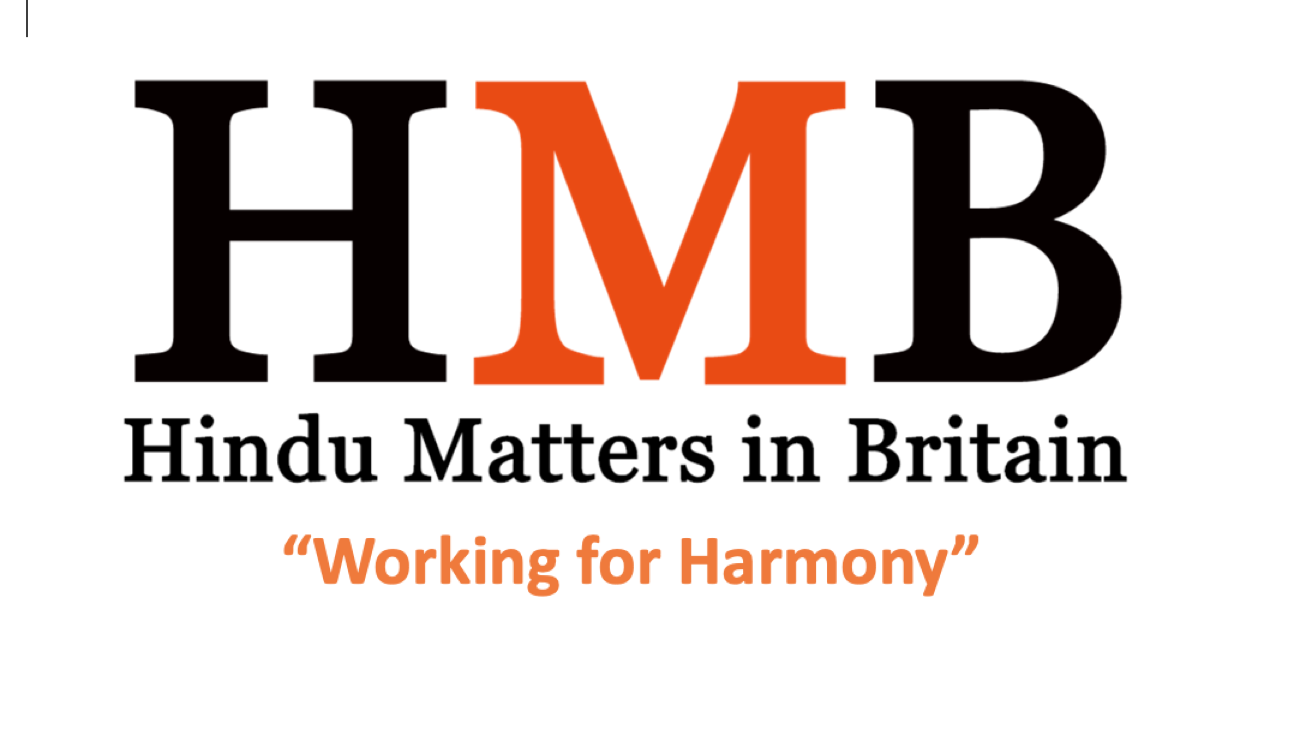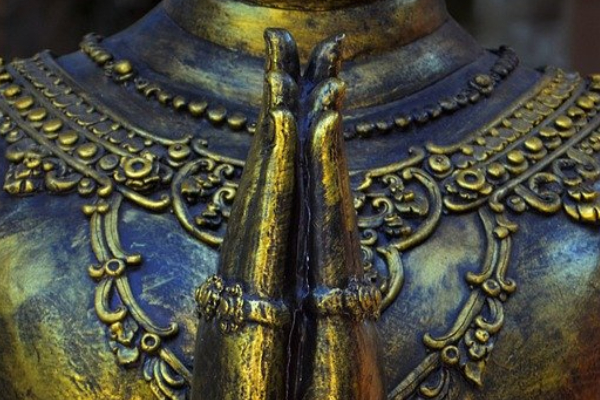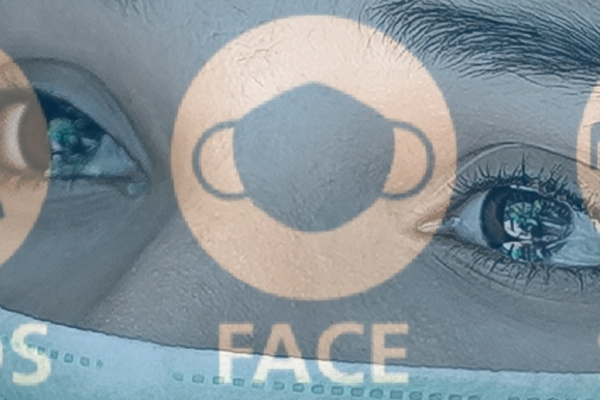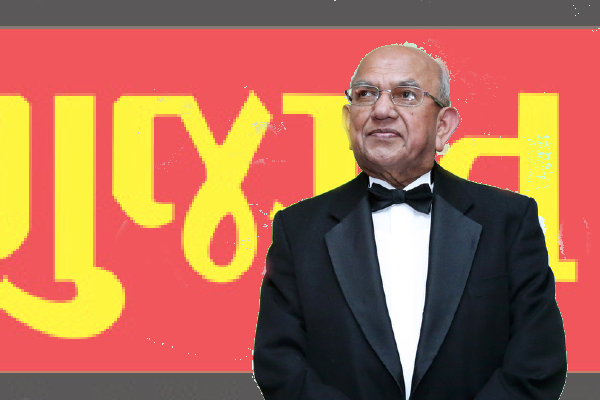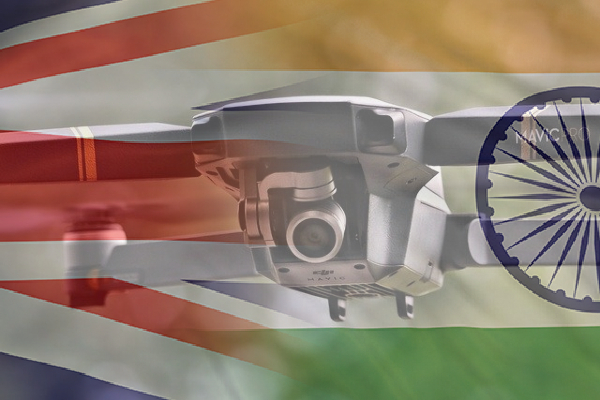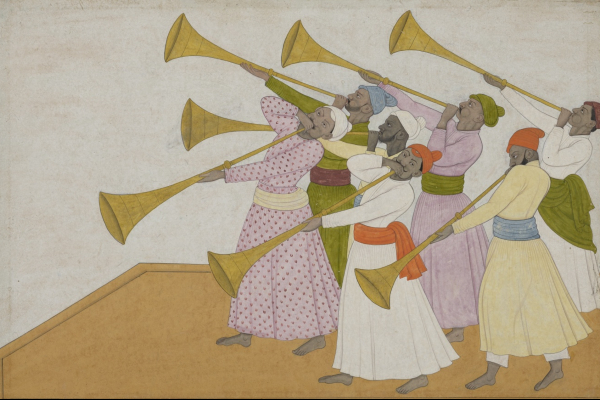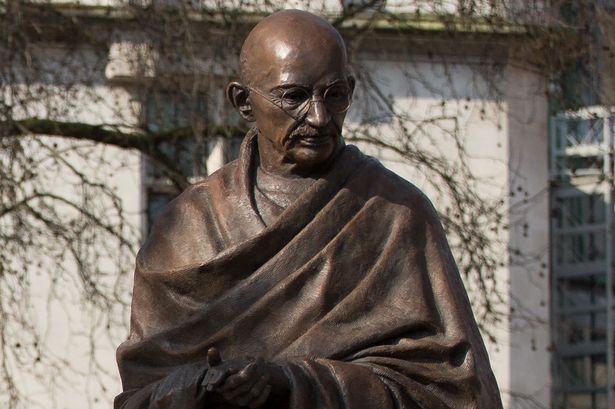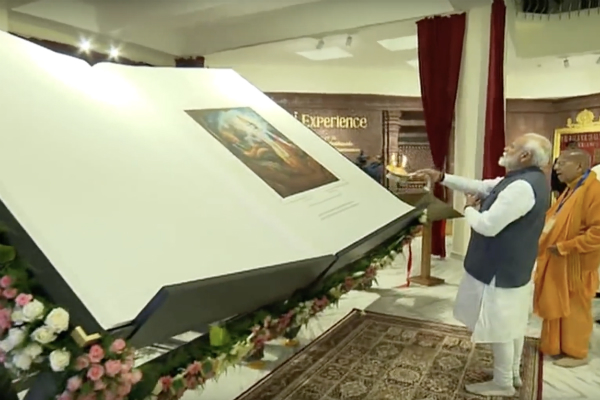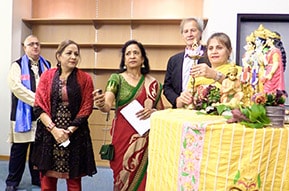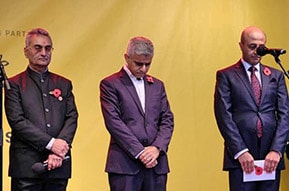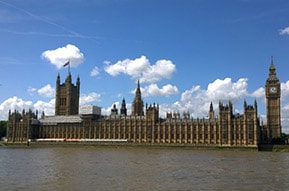Is ‘Caste’ a factor in employment?
The caste legislation controversy has become one of the most divisive issue within ethnic communities in Britain. In recent years there have been some strong lobby groups who are determined to make caste discrimination on the political agenda and incorporate within the employment legislation. However, the majority of British born Asians are not necessarily aware of the issue and really do not want to conjure up issues impacting on the Indian sub-continent onto the shores of modern Britain. Nobody wants any form of discrimination and the Equality Act 2010 is sufficient combat any form of employment prejudice. It is important that people take action and avoid legislation in this area which would only burden ethnic communities with negative stereotypes and labelling which is unhelpful to community relations.
What is Caste?
Even the Equalities Act 2010 acknowledges that caste is a highly complex issue. In the simplest form, it is referred to hereditary, endogamous (marrying within the group) communities differentiated according to different functions of life, such as occupation. With no definitive way of contextualising it, the idea of adding it to legislation would require deep scholarly input and some kind of consensus from a wide variety of people, communities and ideas.
What is the background to the debate?
The Equality Act 2010 was designed to ‘simplify and streamline’ discrimination law in Britain. It covers nine protected characteristics (sex, gender reassignment, race, ‘religion or belief’, age, disability, sexual orientation, ‘marriage and civil partnership’ and ‘pregnancy and maternity’). However pro-caste legislation groups have been proactive in including caste also as a protected characteristic. Whilst everyone condemns caste discrimination, there is a difference in opinion as to: -
- Whether caste discrimination exists in Britain?
- If it exists, whether legislation should be used to tackle it and whether the existing legislation of the Equality Act 2010 should cover it in any case.
During the passage of the Equality Bill through Parliament, there are various heated debates on the subject. The Government decided to amend the Equality Bill by inserting a new provision – Section 9 of the Equality Act whereby a Minister may by order amend that section to provide for caste to be an aspect of race and thus would mean caste legislation in Britain. The Government also asked for further research by commissioning the National Institute of Economic and Social Research (NIESR) to assess the nature, extent and severity of caste prejudice, discrimination and harassment in Britain and the implications for Government policy. However, the results of this research were found to be flawed and anti-caste legislation groups are dismayed at the idea such flawed research can be used to provide the foundation for legislation.
So where are we now?
The Government is expected to make a decision on whether Section 9 of the Equality Act 2010 is enacted as secondary legislation whereby making caste an aspect of race making it a form of race discrimination. The previous Coalition Government had indicated this legislation would be introduced in the Summer of 2015. The current Government is reviewing its position following the Employment Appeal Tribunal’s decision in Chandhok & Anor v Tirkey [2014]. The Tribunal noted that caste discrimination is capable of being unlawful under current law, provided that the circumstances of the case fall within the existing prohibition of race discrimination. Hence there has been a flurry of activity from all sides to determine which way the decision will go!
Implications of caste discrimination legislation?
If the secondary legislation were to be enacted, many people fear that Britain would be introducing an issue that is no longer relevant to British born ethnic communities. It would further blight community relations as it would be seen as another example of the mainstream establishment not listening to the concerns of the wider community, nor using credible facts and evidence in order to enact important judgements that impact on thousands of people. Nobody wants any kind of discrimination. Legislating by using flawed research or without adequate discussions is not an acceptable form of justice in modern society.
What should you do?
Please go to our Facebook page and answer the questions and join in on the debate.
Write to your local MP and ask for repealing the legislation.
Documents to be uploaded:
- The Equality Act 2010: caste discrimination Briefing Paper Number 06862, 19 November 2015
- House of Lords Debates
- NIESR Report
- The Caste System - HCUK
